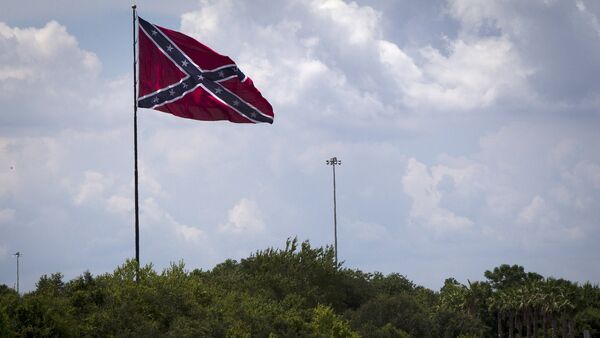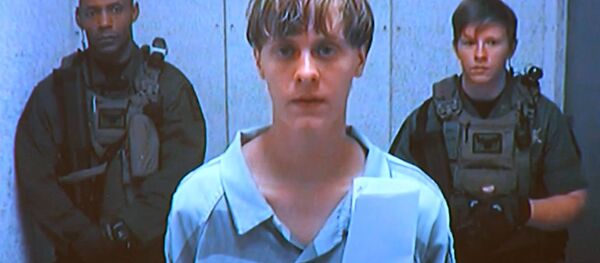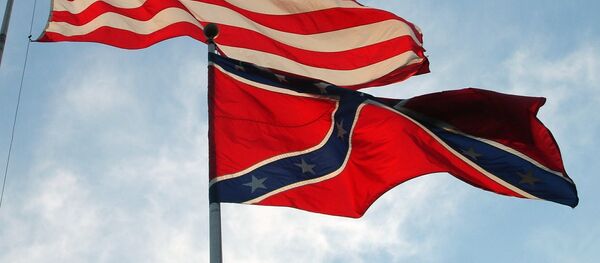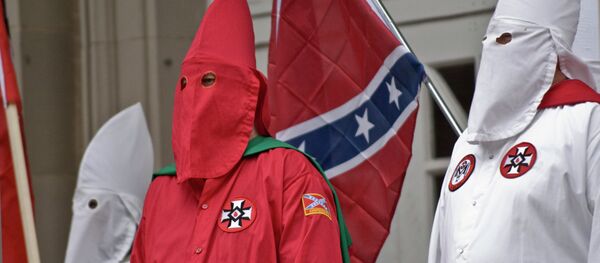On Wednesday the local chapter of the Sons of Confederate Veterans (SCV) will raise the “blood-stained banner” at half mast at a city hall ceremony in Belleview, a town of about 5,000 residents around 75 miles northwest of Orlando.
Though Mayor Christine Dobkowski highlighted to local media the importance of Confederate History Day to the town, the stigma of the Confederate flag remains for many African-Americans, who feel the flag represents slavery and repression.
Chuck Kadel, 8th Brigade Commander of the SCV, said that venerating the Confederate dead is part and parcel of honoring all soldiers, as they "were veterans just as American veterans are."
April is Confederate History Month in the state of Florida, and during Wednesday’s ceremony a city proclamation, passed earlier this month, will be read detailing that Florida supplied more soldiers to the Civil War than any other Confederate state.
"We’re just a historical preservation group," Kadel told the Ocala Star Banner. "We try to preserve the history too, not just raising the flag. Today they just want to erase all this history."
The SCV describes itself as "The direct heir of the United Confederate Veterans, and the oldest hereditary organization for male descendants of Confederate soldiers," and the Florida SCV’s website explains that it serves "as a historical, patriotic, and non-political organization dedicated to insuring that a true history of the 1861-1865 period is preserved."
Since its reemergence in response to the Civil Rights Movement of the 1950s and 1960, the Confederate flag has been a point of pride for some and reminder of racial violence for others.
In 2015, the flag again became the center of debate after pictures surfaced of Dylan Roof, the 23-year-old white man who shot and killed nine African-Americans in a historic church in Charleston, South Carolina, holding the flag with a blank stare on his face.
In a racist and anti-Semitic manifesto, Roof blamed African-Americans, Jews, Hispanics and East Asians for what he saw as the degraded status of white people in the US and the world, claimed that he "hated the sight" of the American flag and said he felt the Klu Klux Klan had strayed too far from its history of lynchings and terrorizing black communities.
His writings were peppered with racial slurs, saying things like "N*****s are stupid and violent."





